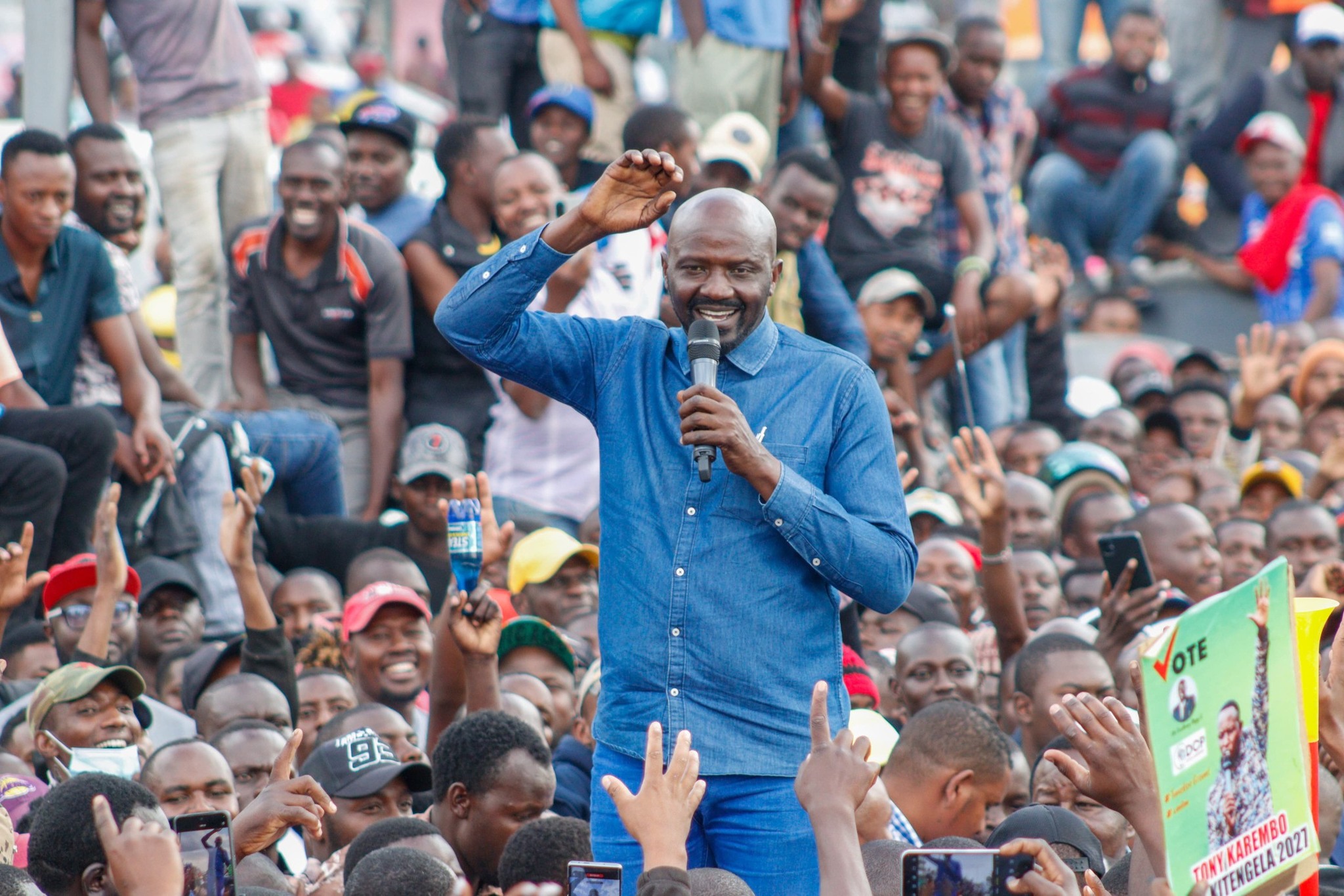

Murang’a Senator Joe Nyutu has criticised the government’s
decision to deploy Kenyan police officers to Haiti, arguing that the move
lacked public support.
He went on to say that the decision by the Kenya Kwanza
administration also ignored the country’s own security challenges.
Speaking on Thursday morning, Nyutu questioned the preparedness
of the country to take up such a role.
“Everybody in this country was against the idea of Kenya
sending police officers to Haiti because the question was, how prepared were
we? And which other countries were sending?” he posed on Citizen TV.
He further questioned the government’s priorities, saying it
was inconsistent for the leadership of the country to purport to be solving a
neighbour’s problems while having more problems at home.
The senator added that Kenya’s own citizens remain
vulnerable to insecurity, citing frequent attacks by bandits and the continued
threat of terrorism.
“How secure were our citizens and how secure was our country
before we sent our police to Haiti? And now there are reports of these deaths,”
Nyutu said.
His remarks come as the United Nations approved a more
robust and heavily armed force for Haiti, the Gang Suppression Force (GSF), following
months of gang violence that has paralysed the Caribbean nation.
The multinational mission, initially led by Kenya, is
intended to restore law and order, but critics in Nairobi insist the cost and
risks far outweigh any benefits for Kenya.
On Wednesday, the government of Kenya welcomed the
decision by the United Nations Security Council (UNSC) to authorise a new
multinational Gang Suppression Force (GSF) in Haiti to replace the Kenyan-led
security support mission.
According to Foreign Affairs Principal Secretary Korir
Sing’Oei, the transition is a welcome move.
“The unanimous adoption of Resolution 2793 (2025) last night
by the UN Security Council is a welcome development in the pursuit of a more
peaceful and secure Haiti,” he said.
The PS noted that Kenya, having led the MSS and cognizant of
the challenges the Mission faced, co-sponsored the resolution.
“Having led the MSS and cognizant of the challenges the
Mission faced as recently articulated by President William Ruto at the 80th
UNGA, and having co-sponsored Resolution 2798 in her capacity as a member of
the Standing Group of Partners.”
The GSF shall comprise a contingent of 5,500 police and
military officers bolstered by a UN Technical Office, which will assume full
responsibility for among others, the provision of logistical support for the
GSF and resource mobilisation.
This will be supported by both a newly created UN Support
Office and the Organization of American States.
The newly authorised Gang Suppression Force was approved for
a period of 12 months in a vote of 12 in favour, with three abstentions on
Tuesday.













